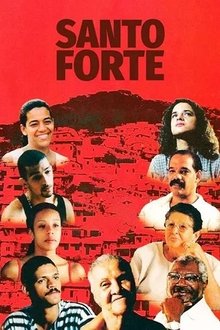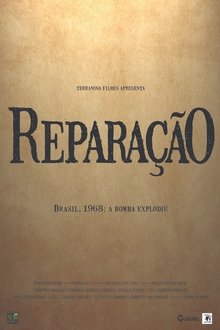3 ex-presidents of Brazil, 12 ex-ministers of State, 7 ex-governors of the Central Bank, bank owners and finance specialists tell the Brazilian economic history and speculate about the present and the future of the country. 125 years ago Brazil was a poor country with slavery. 60 years ago 50% of Brazilians were illiterate. 25 years ago inflation rate reached 84% a month and 35% of the population was extremely poor. In 2013, Brazil ranks the seventh world's largest economy, inflation reached 5,4% a year, poverty was reduced to 12% and the country is looking forward to be wealthy. Will it happen? Agile cutting, simple language and smart graphic arts allow the answer to this and other questions to be interesting and available to all audiences.
Related Movies

Libelu: Down With The Dictatorship (2020)
In the 1970s, they were championing the fight against Brazil’s military dictatorship. Forty years later, what’s left of Libelu? What does adult life have in store for you after the revolutionary youth?

Frustrated (2011)
Afro-American men and women express their views on why some Black men are travelling from the US to Brazil to find sex partners.

We Feed the World (2005)
A documentary that exposes the shocking truths behind industrial food production and food wastage, focusing on fishing, livestock and crop farming. A must-see for anyone interested in the true cost of the food on their plate.
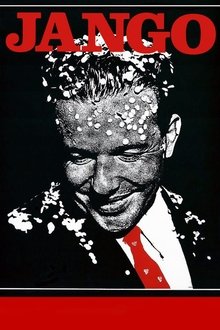
Jango (1984)
The story of João "Jango" Goulart, the Brazilian left-wing president deposed by the military.

Maria Bethânia: Música é Perfume (2005)
Brazilian singer Maria Bethania has a 40-year singing career. A documentary shows her concerts and famous family.
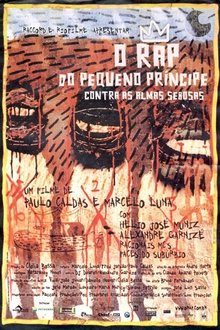
The Little Prince's Rap Against The Wicked Souls (2000)
A documentary that focuses on two young male inhabitants of Recife (statistically, the fourth worst city in the world to live in) who have both reacted strongly to their situation. One has become a drummer in a rap/rock band. The other has killed forty-four people and is now in jail. Both use the term "Wicked Souls" to describe their enemies.
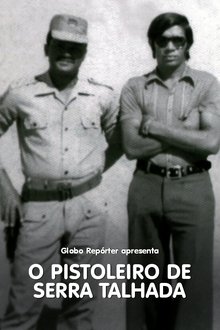
O Pistoleiro de Serra Talhada (1977)
A documentary by Eduardo Coutinho about a hired-gun from Brazil's Northeast.

3 Champions (2011)
An intimate look at the history of Brazilian drivers from the '70s to the '90s, an era in which Brazil dominated Formula 1 racing, from the colorful point of view of its protagonists, especially Fittipaldi, Piquet and Senna, but without forgetting the drivers who failed to reach the profession's pinnacle, and the many behind-the-scenes helpers.
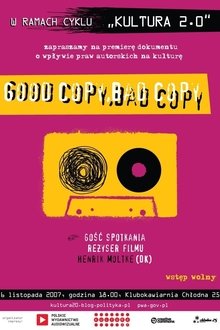
Good Copy Bad Copy (2007)
Good Copy Bad Copy is a documentary about copyright and culture in the context of Internet, peer-to-peer file sharing and other technological advances.

Waldick, Sempre no Meu Coração (2009)
The documentary narrates the trajectory of Waldick Soriano, from the time he was a gold miner to his consecration as one of the icons of Brazilian music.

Stars in Brazil (2014)
The ultimate guide to the players on the road to Rio. Ahead of the world football tournament in June & July, Stars in Brazil celebrates ten of the world’s most talented players on the road to Rio. From Cristiano Ronaldo’s breathtaking skills to the brillance of Wayne Rooney, Stars in Brazil offers detailed player profiles, fantastic footage and exclusive interviews with football experts.
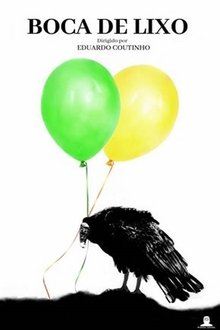
The Scavengers (1993)
In this documentary Coutinho examines the plight of the people who live off the waste of the Brazilian cities. These people make their living by scavenging the immense urban garbage dumps searching for whatever they can find to sell as well as whatever they can find to eat.
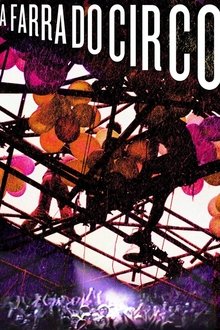
A Farra do Circo (2013)
This documentary highlights the evolution of Brazil's Circo Voador venue from homespun artists' performance space to national cultural institution.

Você Também Pode Dar um Presunto Legal (2006)
Amid the civil-military dictatorship implanted with the 1964 coup, Sergio Muniz had the idea of making a documentary about the action of the Death Squad. At the time, the press still had some freedom to disseminate the work of these death squads formed by police officers of various ranks, and that he acted on the outskirts of cities like Sao Paulo and Rio de Janeiro. The victims of police repression (as today) were men, poor and black, and this condition is supposed criminals.
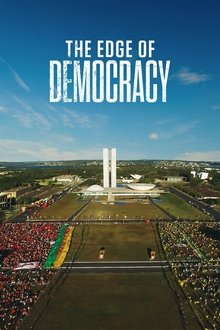
The Edge of Democracy (2019)
A cautionary tale for these times of democracy in crisis—the personal and political fuse to explore one of the most dramatic periods in Brazilian history. With unprecedented access to Presidents Dilma Rousseff and Lula da Silva, we witness their rise and fall and the tragically polarized nation that remains.
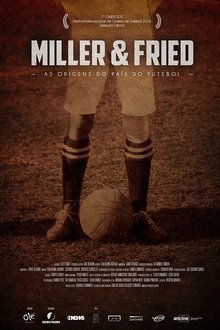
Miller & Fried – The Birth of Football’s Country (2016)
In the ending of 19th century Brazil was boiling. The end of slavery, the arrival of immigrants and urbanization moved the country. In this scenario, football comes from England with the young Charles Miller and undergoes a revolution with the magical feet of Arthur Friedenreich.
